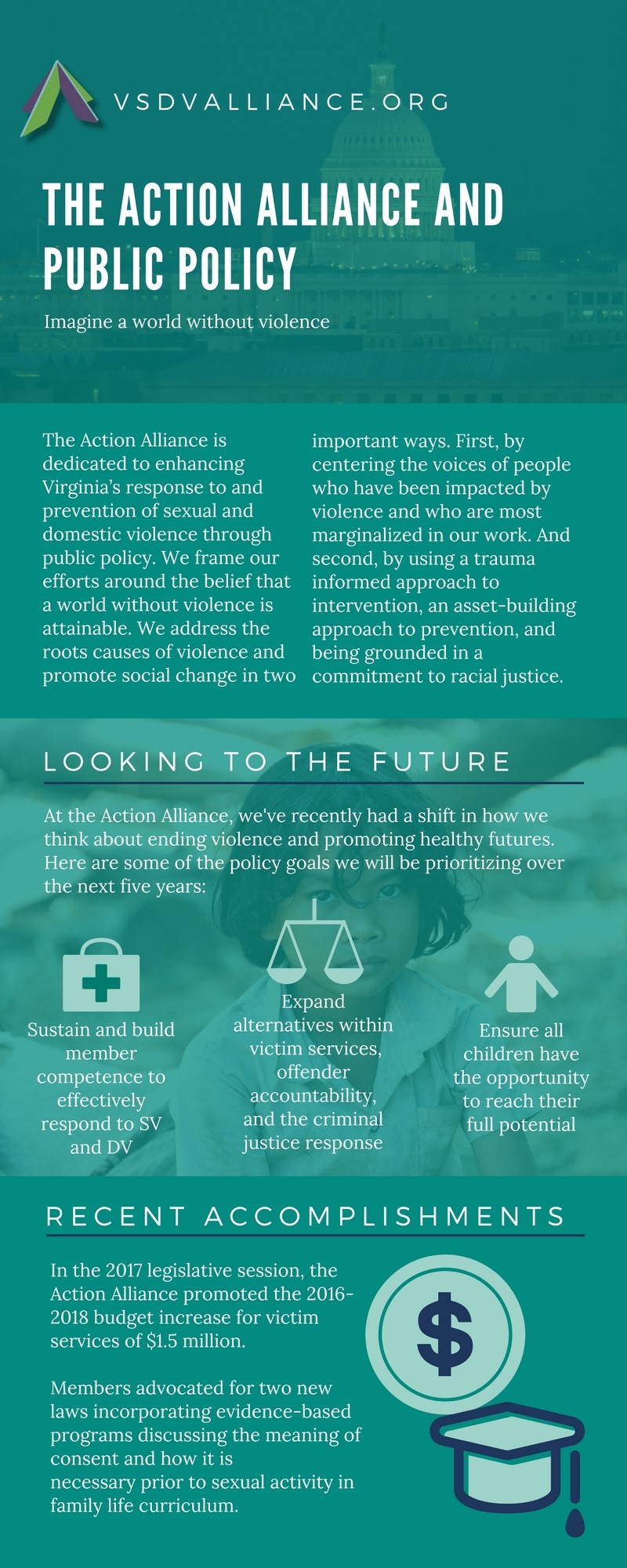Resources Library: Model Policies & Best Practices
Start a Search:
Technology Safety in Domestic Violence Programs
Safety is a primary concern for domestic violence shelters. New technology has created opportunities for safety to be compromised. However, technology also provides many ways for all of us to communicate and stay in contact with our family, friends, and others in our social network and has become part of our everyday lives. This document offers domestic violence advocates guidance on integrating discussions about technology into their safety planning with residents of the domestic violence shelter, as well as with survivors receiving non-residential services.
Technology Safety Planning with Survivors
Technology has a major impact on survivors of abuse. It can be used by a survivor to access help, to strategically maintain safety and privacy, and to remain connected to family and friends. It is often used to prove guilt and hold offenders accountable. Yet, technology, in its various forms, is also misused by abusers and perpetrators in crimes of domestic violence, sexual assault, stalking, and trafficking. The National Network to End Domestic Violence has developed Technology Safety Planning with Survivors to address how technology impacts the safety, privacy, accessibility, and civil rights of victims.
The Action Alliance and Public Policy
The Action Alliance is dedicated to enhancing Virginia's response to and prevention of sexual and domestic violence through public policy. This infographic highlights a few of our public policy priorities for the next five years.

The Gold Standard? Comparing Privacy in HIPAA, VAWA, FVPSA, & VOCA webinar
(as presented by NNEDV and the Safety Net team on 10/18/2016)
HIPAA, VAWA, VOCA, and FVPSA all require protection of identifying information. But are they the same? Which is more protective? Is there a "gold standard" to follow? NNEDV's Safety Net team took an indepth look at the similarities and differences between privacy standards set by HIPAA and those required by VAWA, FVPSA, and VOCA, offering expert insight into how to check if programs are actually following appropriate and applicable privacy laws regarding client information and data, as well as clarity about the underlying goals of these federal laws and understand how they differ.
If you were unable to attend this webinar, the recorded version of the webinar is available at https://youtu.be/qCJagGiGiMQ.
Additional materials, handouts, and templates that you can adapt (such a model release forms and MOUs) can be found in their Confidentiality Toolkit at www.techsafety.org/confidentiality.
THE IMPORTANCE OF UNDERSTANDING TRAUMA-INFORMED CARE AND SELF-CARE FOR VICTIM SERVICE PROVIDERS
"Understanding trauma can be complicated. For victims of sexual assault, domestic violence, dating violence, and stalking, trauma can stem from an isolated incident, from repeated incidents over a lifetime, or from a pattern of ongoing violence. And, this violence and trauma can be compounded by multi-generational and/or historical trauma. Exposure to “cumulative emotional and psychological wounding over the lifespan and across generations, emanating from massive group trauma experiences” such as colonization, war, or genocide, can magnify an already devastating crime. It is important for services providers to remember that because of historical trauma, many survivors of violent crime, such as those from African American, immigrant and American Indian/Alaska Native communities, are forced to confront multiple layers of traumatic experiences as they recover and heal."

